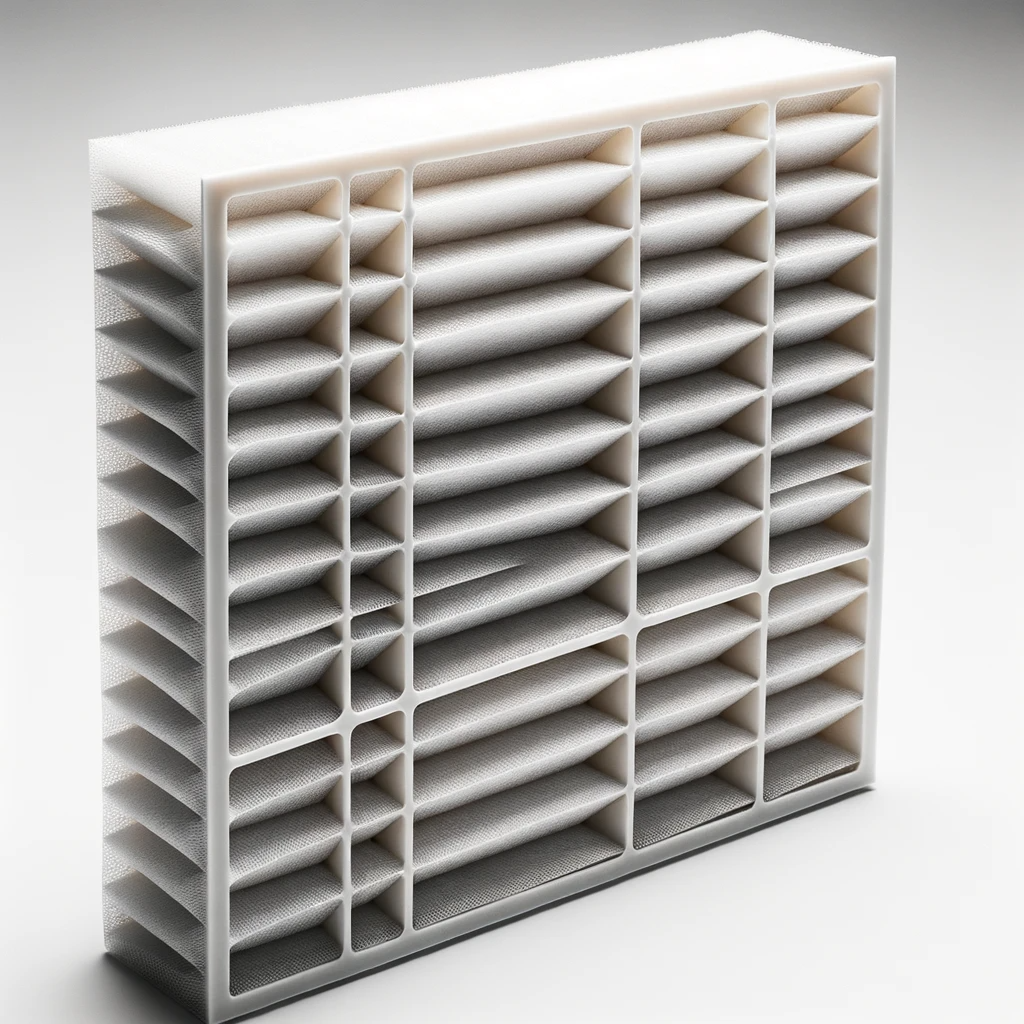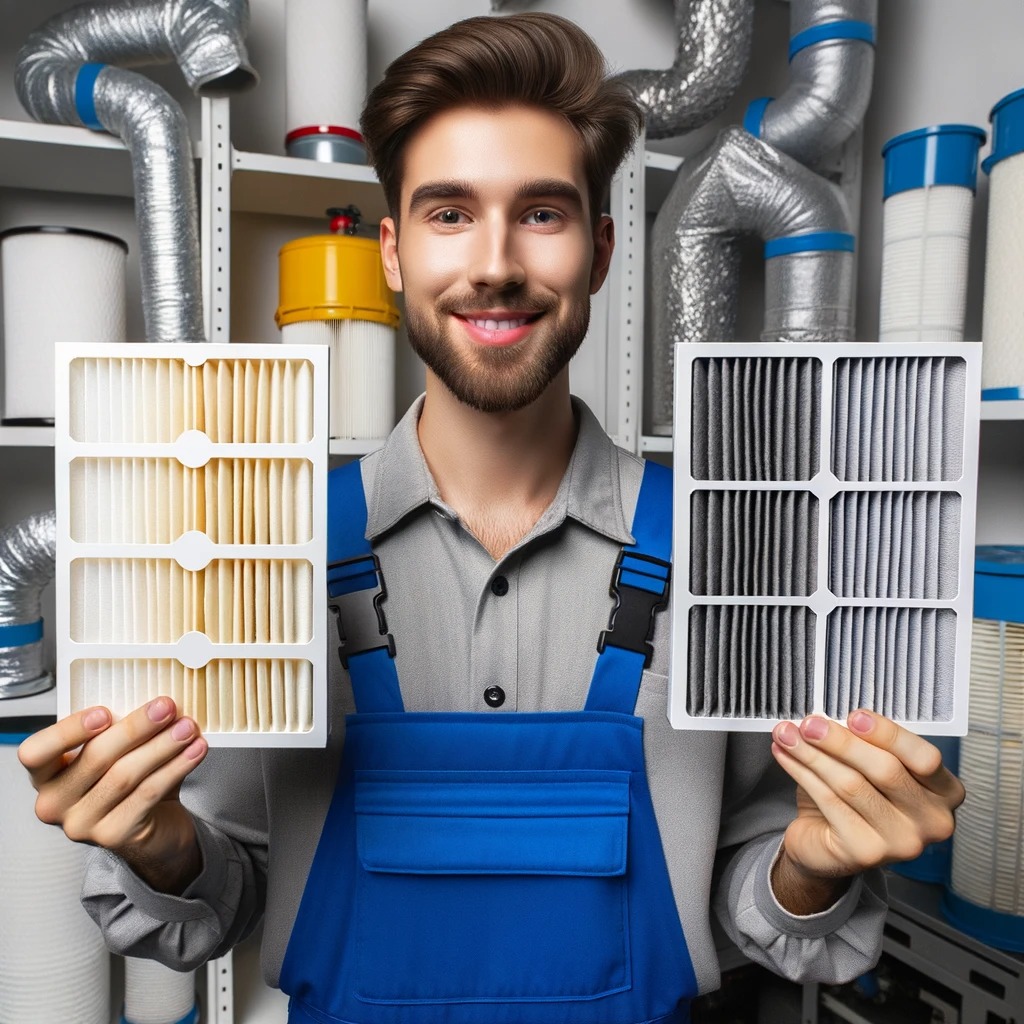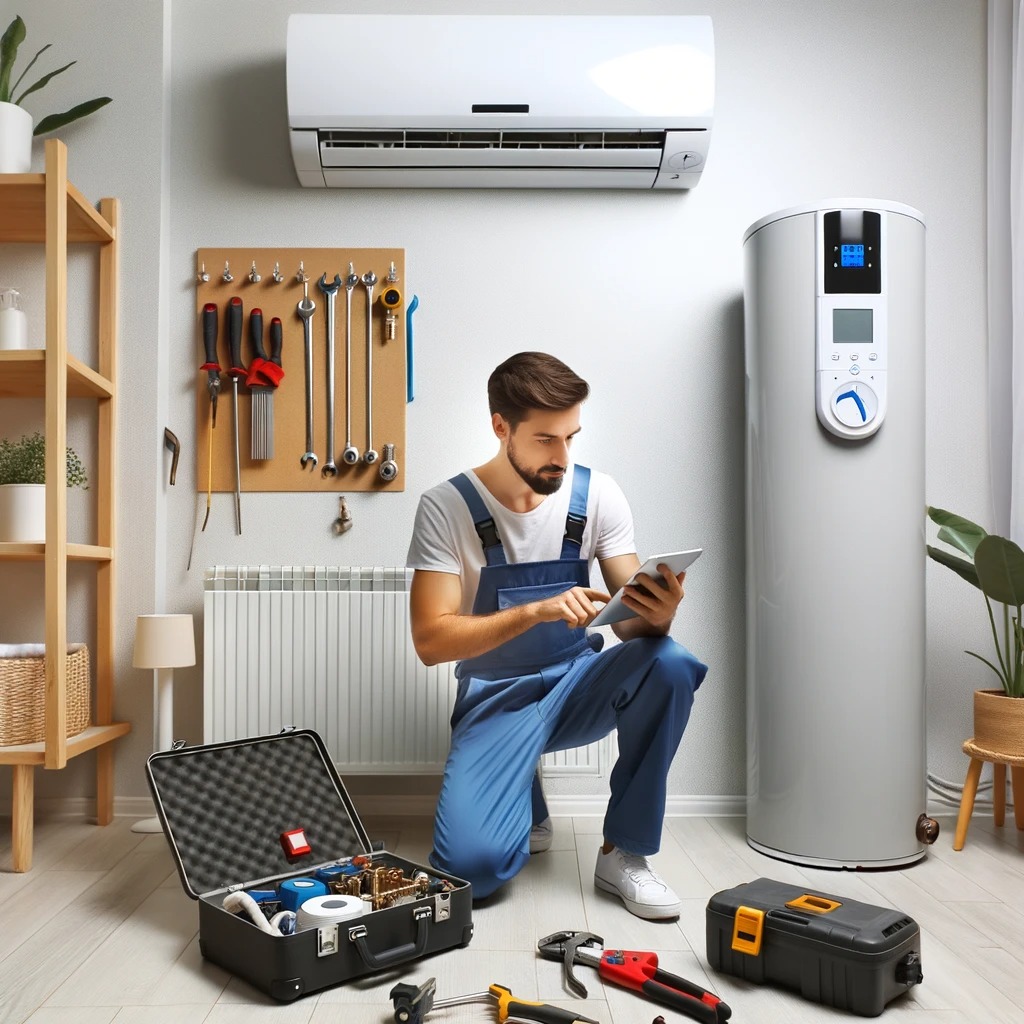At RVA Clean Air, we understand the importance of optimal indoor air quality. Media filters HVAC systems stand at the forefront of this mission, offering unparalleled efficiency and effectiveness. Our dedication to ensuring the best for homeowners and businesses alike is reflected in our deep understanding of these systems.
“When selecting an HVAC system, the importance of Media Filters HVAC cannot be overlooked. Many homeowners have reported significant improvements in air quality and system efficiency after switching to Media Filters HVAC systems. In fact, according to the U.S. Department of Energy, regular maintenance and proper filter selection are vital for efficient HVAC system performance. Additionally, ACHR News provides a comprehensive article on why HVAC air filters, including Media Filters HVAC, play a crucial role in the system’s overall functionality.”
The Evolution of Media Filters HVAC Systems
The inception of media filters hvac systems marked a significant advancement in the HVAC industry. Prior to their introduction, many households and commercial spaces relied solely on traditional filters, which, while effective, had limitations in trapping smaller airborne particles.
The Rise of Media Filters: With growing awareness of indoor air pollutants and their potential health implications, there was an evident need for a more advanced filtration solution. Media filters, with their layered design and increased thickness, emerged as the answer. They are adept at capturing even the tiniest of particles, including mold spores, pollen, and certain bacteria.
Innovation in Materials: Over the years, the materials used in media filters hvac systems have also seen significant improvements. Modern media filters often incorporate synthetic materials that enhance particle capture without restricting airflow, ensuring that HVAC systems operate at peak efficiency.
Environmental and Health Benefits: One of the most commendable aspects of media filters is their contribution to a healthier living environment. By effectively removing a broader range of pollutants from indoor air, they reduce allergy symptoms, respiratory issues, and other health concerns linked to poor air quality. Additionally, by maintaining cleaner airflow, they indirectly contribute to the longevity of HVAC systems, resulting in fewer replacements and repairs. This not only saves homeowners money but also reduces the environmental impact of discarding old components.
Future of Media Filters: As technology continues to evolve, we can anticipate further advancements in media filters hvac systems. With the integration of smart technology, future filters might be able to detect pollutant levels in real-time and adjust their filtration rate accordingly. There’s also potential for more sustainable materials to be used, further reducing the environmental footprint of these essential HVAC components.

The Fundamental Differences
Media Filters:
- Designed with multiple layers of filtration material.
- Typically thicker, ranging from 4 to 5 inches in depth.
- Capable of capturing smaller particles than standard filters.
Standard Furnace Filters:
- Commonly made of fiberglass or pleated paper.
- Usually 1 inch thick.
- Effective for capturing larger airborne particles.
Efficiency and Particle Capture
The efficiency of a filter is often measured using the Minimum Efficiency Reporting Value (MERV) rating. Higher MERV ratings indicate a greater ability to trap smaller particles.
- Media Filters: Often have MERV ratings between 11 and 16, making them highly efficient at capturing tiny contaminants like pollen, mold spores, and even some viruses.
- Standard Furnace Filters: Typically possess MERV ratings between 1 and 8. While they are adept at trapping larger particles such as dust and lint, they might not be as effective against smaller contaminants.
Lifespan and Maintenance
Regular maintenance is vital for the optimal performance of any filter.
- Media Filters: Due to their thickness and increased surface area, media filters generally last longer. Most need replacement every 6 to 12 months, depending on usage and air quality.
- Standard Furnace Filters: Require more frequent changes, typically every 30 to 90 days.

Cost Considerations
While the initial investment might differ, considering the long-term costs is essential.
- Media Filters: Generally more expensive initially but can be cost-effective in the long run due to their extended lifespan and superior air cleaning capabilities.
- Standard Furnace Filters: Less expensive upfront but might incur higher costs over time due to frequent replacements.
Impact on HVAC Efficiency
A clean, high-quality filter can enhance HVAC efficiency.
- Media Filters: By trapping more contaminants, they can improve airflow and reduce the workload on the HVAC system, potentially prolonging its life.
- Standard Furnace Filters: Effective for basic protection, but might not offer the same level of efficiency enhancement as media filters.
Conclusion

Both media filters and standard furnace filters have their unique advantages. Media filters, with their higher MERV ratings and longer lifespan, offer superior air quality improvement, making them a worthy investment for those prioritizing health and HVAC efficiency. On the other hand, standard furnace filters provide basic protection at a lower initial cost. Homeowners should assess their specific needs, budget, and priorities when making a decision.
For more insights about RVA Clean Air, take a look at our reviews. If you’re prepared to talk with us regarding your HVAC needs, connect with us online or give us a ring at (804) 277-4328 to discuss your requirements or book a heating and air service appointment. We’re here for you with 24/7 emergency services. Don’t forget to inquire about our current promotions!



